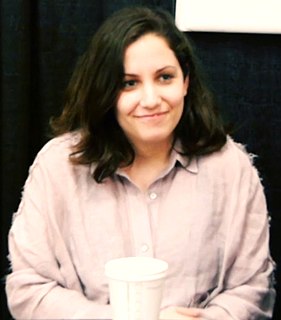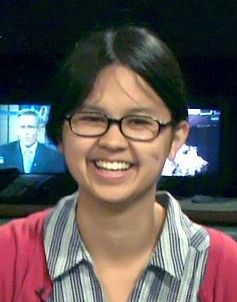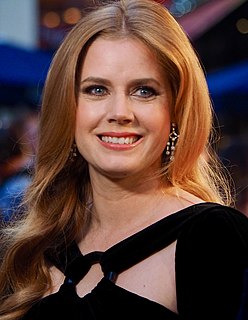A Quote by Hannah Fidell
Shooting an improv-based film is incredibly liberating, exhilarating, and fun, but editing that kind of movie can be difficult for obvious continuity reasons.
Quote Topics
Related Quotes
Everything in comedy's got to be exactly right, which is why making a comedic film is kind of a difficult process, because, for most of the two years of shooting it and editing it and reshooting and all of that, it's not quite right. And it's only when you just at the end, you put the final polish on it, it becomes really funny again.
I do a little improv in my shows. Kind of like our movie, I'll do beats and ideas of dialogue, but I think there's less pressure because it's a live show. If you mess up, the audience laughs because we don't really know what we're doing. But as far as shooting, that was very scary, trying to make a point and drive the film. It definitely helped improvising.
I love to tell stories, but the making is less comfortable. I like to be private, and being in the middle of a film crew with the least amount of privacy is the discomfort of shooting a movie. For me, the editing is the great moment when I can bring back ideas and realize the movie for the last time before I hand it to the audience.
You never have any idea where your movie's going to go when you're shooting - you're in this little bubble. Everything you care about is getting the next step right: getting the script right, finding the right actors, shooting it. Then you spend half a year in a dark room editing your film, and you don't talk to anybody.
If you make a film, that magic is not there, because you were there while shooting it. After writing a film and shooting it and being in the editing room every day, you can never see it clearly. I think other people's perception of your film is more valid than your own, because they have that ability to see it for the first time.
All three parts of filmmaking [writing, shooting, editing] contribute to rhytm. You want the script to be a tight as possible, you want the acting to be as efficient as possible on the set, and you have enough coverage to manipulate the rhythm in the editing room, and then in the editing room you want to find the quickest possible version, even if it's a leisurely paced film. I definitely in filmmaking more and more find writing and directing a means to harvest material for editing. It's all about editing.
Whenever you take a subject you're obsessed with or that haunts you, and make a movie about it, you're converting it into work units that need to be completed. You gotta turn it into a treatment, a script, a grant application, a bunch of forms to be filled out, a shooting schedule, casting sessions, auditions, shooting, editing, music compositions, the film festival circuit, interviews even. And by the time you've finished the process you're so sick and tired by something that was once very precious to you that you're done with it.
As soon as you're finished shooting, you have to go into the edit room and choose all of the shots that you're going to commit to because the visual effects vendor has to get it because they'll spend months on it. So, you're editing out of sequence before you've gotten a film for the movie and the performances.




































